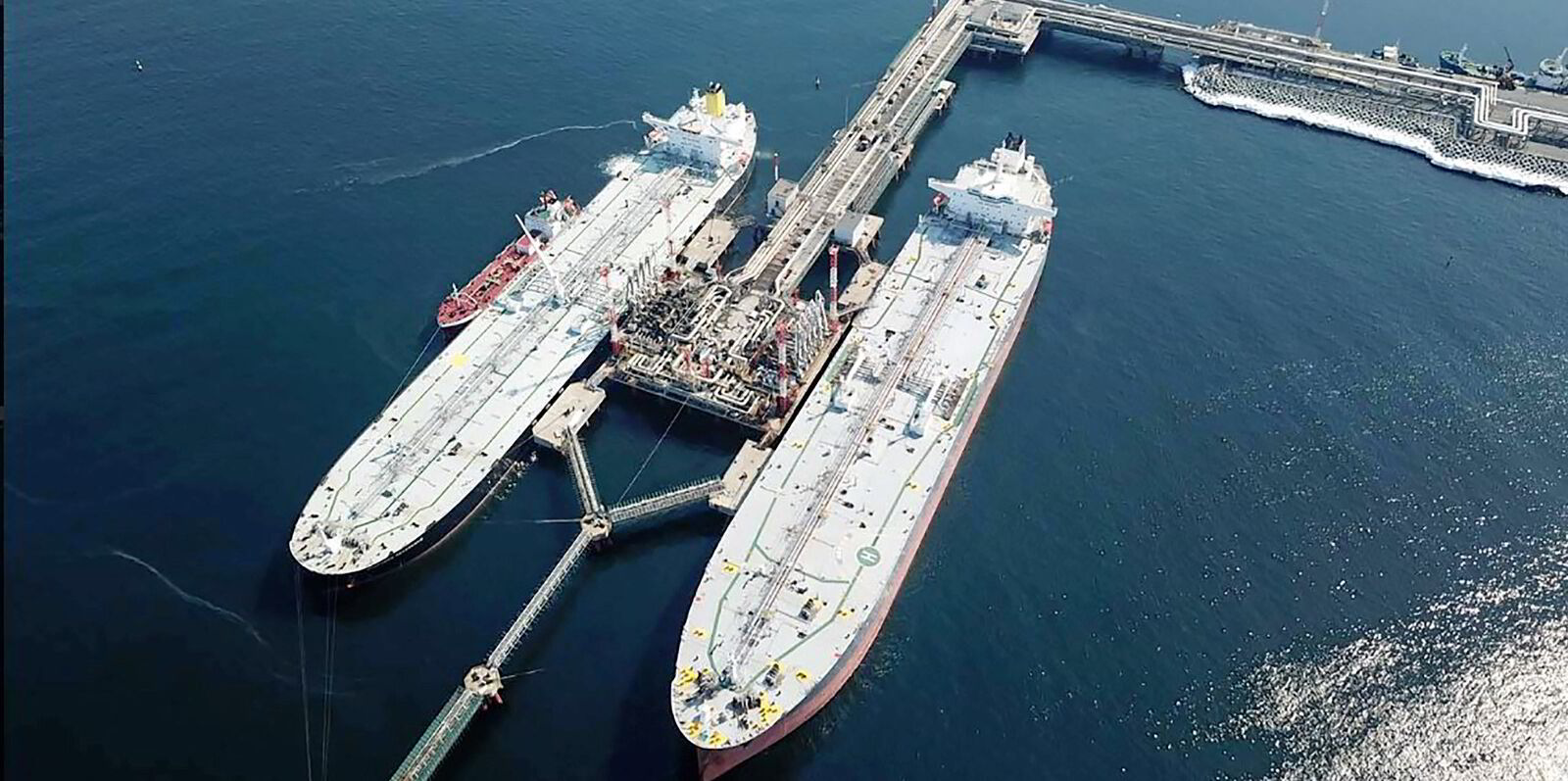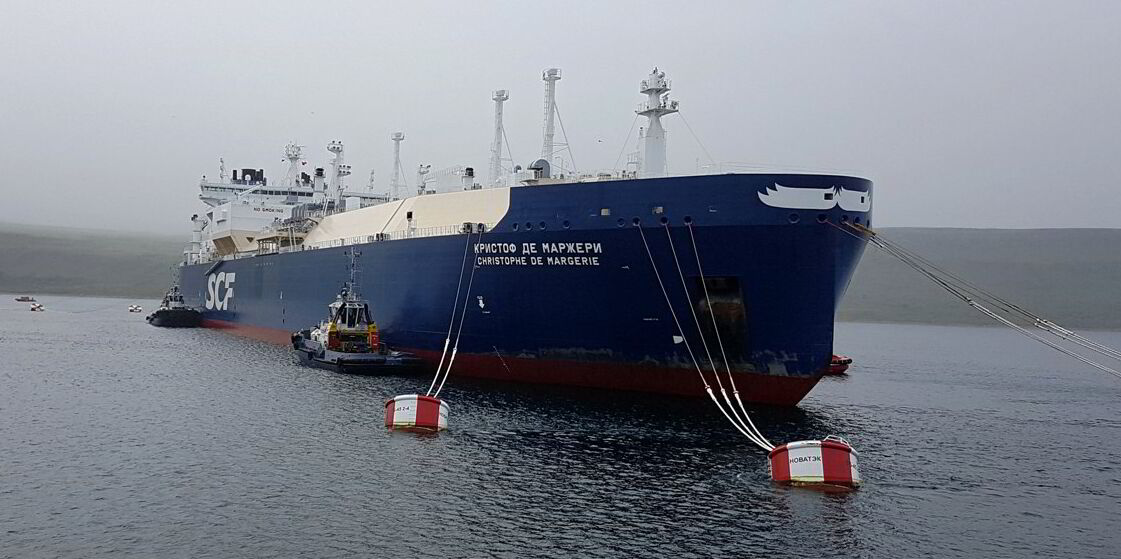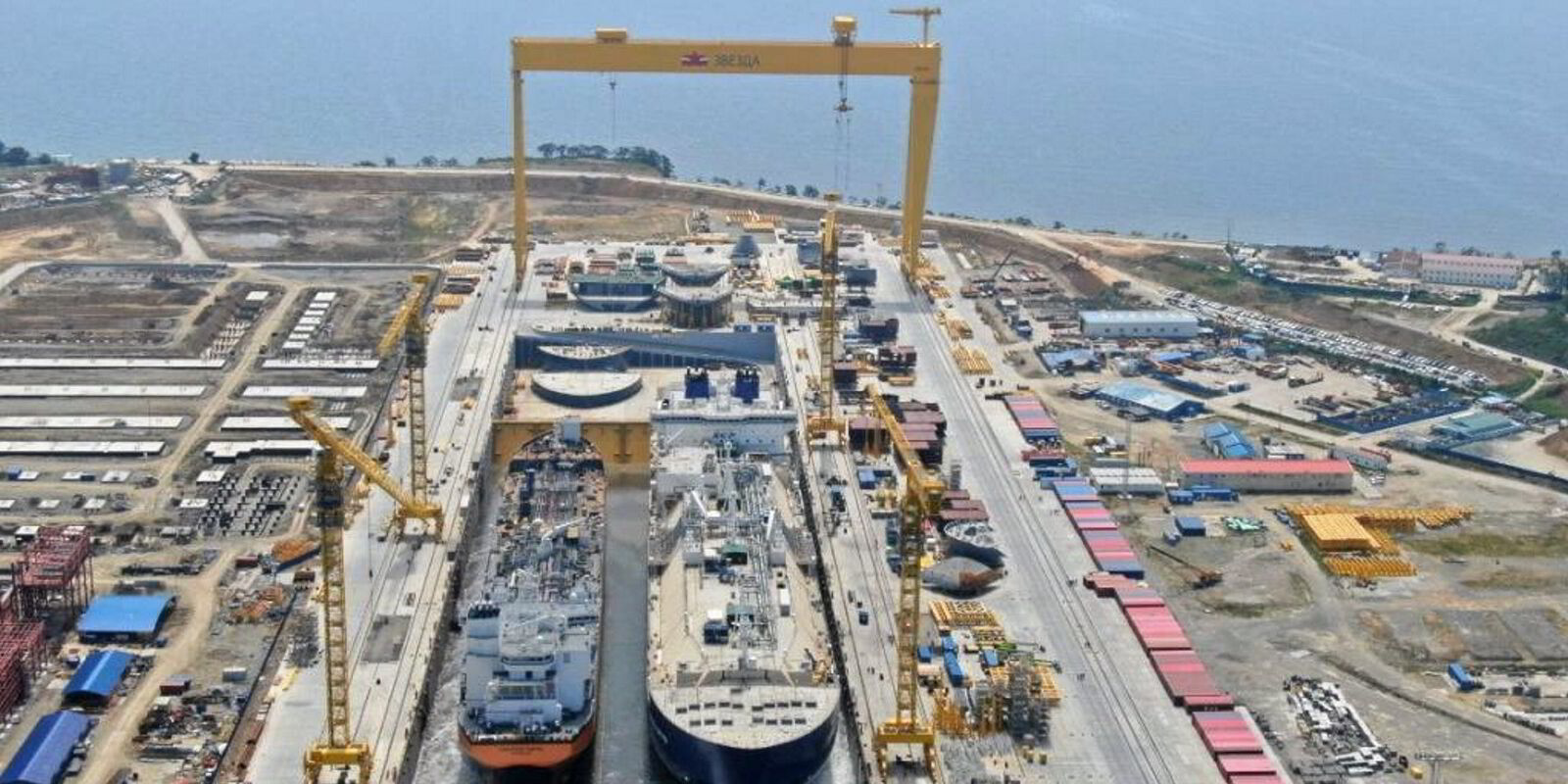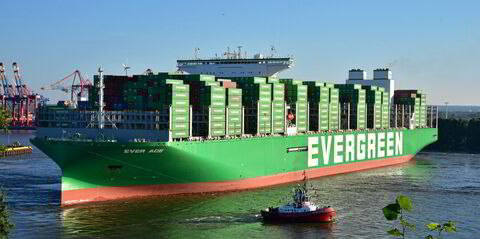The blacklisting of individual tankers has been the most effective economic tool used against Russian President Vladimir Putin’s shadow fleet and should be stepped up by the US and its allies, according to a new report.
The US has targeted 41 tankers since October — representing less than 10% of the dedicated Russia fleet — with many of them effectively forced out of commercial trading, according to the KSE Institute, a think-tank linked to Ukraine’s Kyiv School of Economics.
The think-tank assessed that the shadow fleet since December 2022 comprised 185 crude carriers and 250 product tankers, which it said amounted to only half of the capacity required for Russian exports to be fully independent of mainstream operators. It urged a series of further restrictions to prevent Russia from buying up hundreds more tankers that it needed.
Researchers said the threat of designation could also be used to force owners to return to one of the 12 members of the International Group of P&I Clubs, which provides insurance to 87% of the world’s oceangoing tonnage.
The International Group says 800 tankers have been withdrawn from its membership and has blamed the complexities of the oil price cap system.
Protection and indemnity clubs can only cover vessels if cargoes are part of the price cap regime, which demands that crude cargoes be sold below $60 a barrel for crude and $100 and $45 for refined products.
By the end of 2023, more than 95% of Russian crude oil was traded above the price cap, according to the report.
Forcing tankers to return to a G7 P&I club would address concerns about a spill from an elderly shadow tanker with inadequate insurance that would force coastal states to pick up the tab for any clean-up.
While freedom of navigation rules would prevent the Western sanctions coalition from stopping tankers hauling Russian oil through chokepoints, such as the Danish straits and the English Channel, the owners would be warned that the ship would be blacklisted if it made the voyage without adequate insurance, said researchers.
The report said that the move would address concerns of some of the G7 countries that an increased level of blacklisting would take out too much tonnage from the global tanker fleet at one time because of the impact on the global oil market.
Targeted measures
“This enforcement would work through the threat of vessel designations in the absence of adequate — ie properly capitalised and independently credit rated — insurance,” said the report, titled Assessing Russia’s Shadow Fleet.
“We believe that the expansion of the Russian shadow fleet can be effectively curtailed through targeted measures.
“Taking such steps is critical for preserving the overall leverage of the price cap, which is an integral part of the international energy sanctions regime, and addressing urgent environmental risks.”
The US sanctions regulator, the Office of Foreign Assets Control (Ofac), has blacklisted 41 tankers since October, subsequently removing the listing for one of them.
It started by targeting vessels over suspected breaches of the oil price cap. Ofac initially cited the involvement in price cap breaches of US service providers, believed to be the US-based offices of flag states.
But since the start of the year, the US has cast its net more broadly, starting with targeting the 18-ship fleet of United Arab Emirates-based tanker owner Hennesea Holdings. The most recent designation targeted 14 ships of the Sovcomflot fleet, without citing price cap breaches.
Only one of those 14 Sovcomflot ships, the 156,600-dwt NS Burgas (built 2009), has lifted Russian oil since then and is yet to deliver its cargo, according to Kpler ship tracking data.
Commercial activity has been highly restricted among the rest of the sanctioned tankers, despite name and management changes, the data suggests.
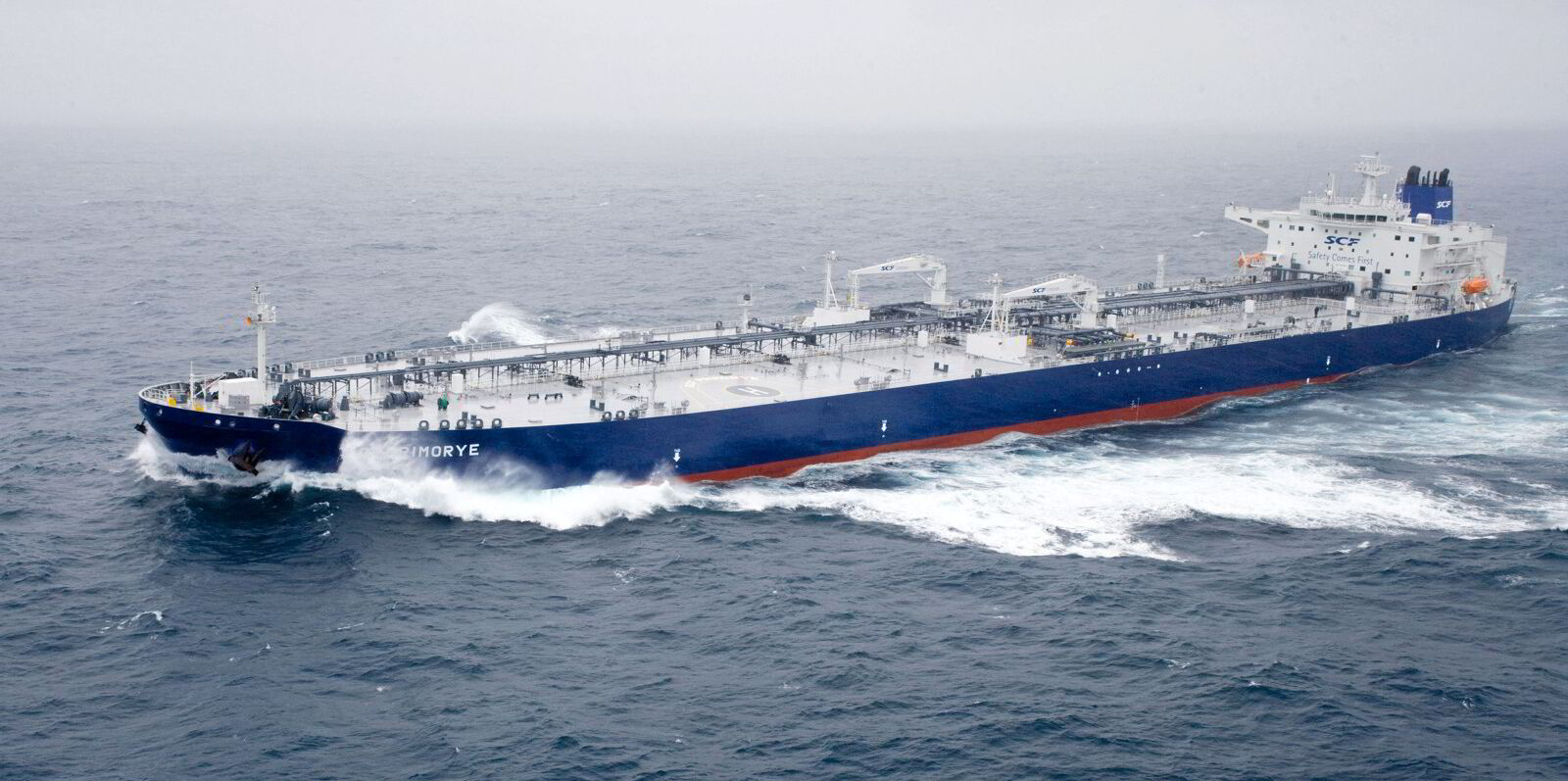
“The designation of individual vessels by Ofac has been one of the most effective things,” said Benjamin Hilgenstock, who worked on the report.
The UK has largely targeted ship managers linked to the trade but “that has always led to new companies opening up and overnight the vessel gets transferred, which is not the case with the vessel designation”, he said.
Increased designations should be allied to other measures including G7-linked ports undertaking closer scrutiny of the insurance status of shadow fleet vessels, the report says.
The report said the burden would fall on the governments behind the sanctions regimes as the “flag states of the Russian shadow fleet cannot be trusted to do so”.
Shadow fleet ships, often marked out by their age and limited oversight, should be banned from ports if their cover is inadequate, it said.
That is likely to have only a minor impact as most shadow fleet tankers avoid ports where there is likely to be increased scrutiny.
The think-tank defines the shadow fleet as tankers not using International Group services and with management and owners outside of European Union/G7 countries.
The impact of the sprawling sanctions programmes on Russia’s fossil fuel exports has been limited and patchy since measures were first introduced in December 2022.
Fleet growth
The secondhand market for tankers boomed after the Russian invasion of Ukraine as the Kremlin sought to end its reliance on Western tonnage to move its oil.
Shadow fleet ships have gone from hauling 20% of monthly exports of crude in April 2022 to 83% two years later …“indicating the success of Russia’s efforts to sell its oil far above the price cap”, according to the report.
The EU introduced tighter restrictions on the sale of tankers in its 12th round of sanctions in December to try to limit the flow of vessels to the Russian market.
But ships continue to change hands at high prices. Researchers said any sales restrictions were difficult to enforce as tankers could change hands multiple times before ending up in the Russian trade.
Read more
- Tiny landlocked San Marino touts shipping flag at industry’s biggest show of the year
- Notorious Russian oil transfer hotspot nixed for a further six weeks
- Rising shadow tanker ‘concerns’ ignite calls to thwart future dark fleets
- Houthi ship attacks could continue even after fighting ends in Gaza, warns WTW
- New hotspot for Russian oil transfers emerges off Morocco
